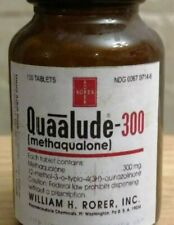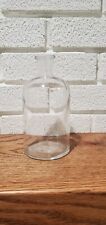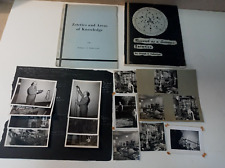
Senior medicos in the United States have launched a stinging attack on the use of business buzzwords in medicine, arguing that turning patients into clients is destroying medical humanism and demeaning both patients and health professionals.
Writing in the New England Journal of Medicine, doctors from the Beth Israel Deaconess Medical Center say that reducing clinical encounters to economic transactions – where patients are customers or consumers – is devaluing clinical skills. Doctors Pamela Hartzband and Jerome Groopman contend that the special knowledge that staff use to help patients understand the reason for, and remedies to, their illness get lost in a system that values prepackaged, off-the-shelf solutions that substitute “evidence-based practice” for “clinical judgment.”
The new language of medicine, they note, shifts the focus from the good of the individual to the exigencies of the system and its costs. “Reducing medicine to economics makes a mockery of the bond between the healer and the sick,” they write. “For centuries doctors who were mercenary were publicly and appropriately castigated… Such doctors betrayed their calling. Should we now be celebrating the doctor whose practice, like a successful business, maximizes profits from ‘customers'”?
Hartzband and Groopman pay special attention to the new emphasis on “evidence-based practice,” which they say is not really a new phenomenon at all. “Evidence was routinely presented on daily rounds or clinical conferences where doctors debated numerous research studies. But the exercise of clinical judgment, which permitted the assessment of those data and the application of study results to an individual patient, was seen as the acme of professional practice. Now some prominent health policy planners and even physicians contend that clinical care should essentially be a matter of following operating manuals containing preset guidelines, like factory blueprints, written by experts.”
Most worrying, the authors suggest, is the impact of the new vocabulary on future doctors, nurses, therapists and social workers who care for patients. “Recasting their roles as providers who merely implement prefabricated practices diminishes their professionalism. Reconfiguring medicine in economic and industrial terms is unlikely to attract creative and independent thinkers with not only expertise in science and biology but also an authentic focus on humanism and caring.”
Related:
Discuss this article in our forum
Scottish Doctors Say “Nay” To Modern Medicine
Pain detector accuracy surprises medicos
Study links penis size to general health
Is Mills and Boon derailing women’s health?


















Comments are closed.